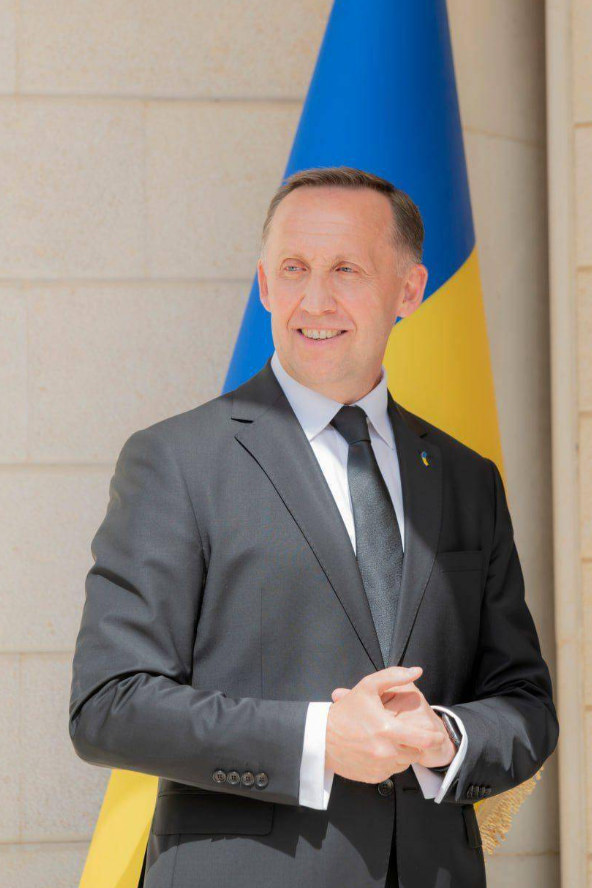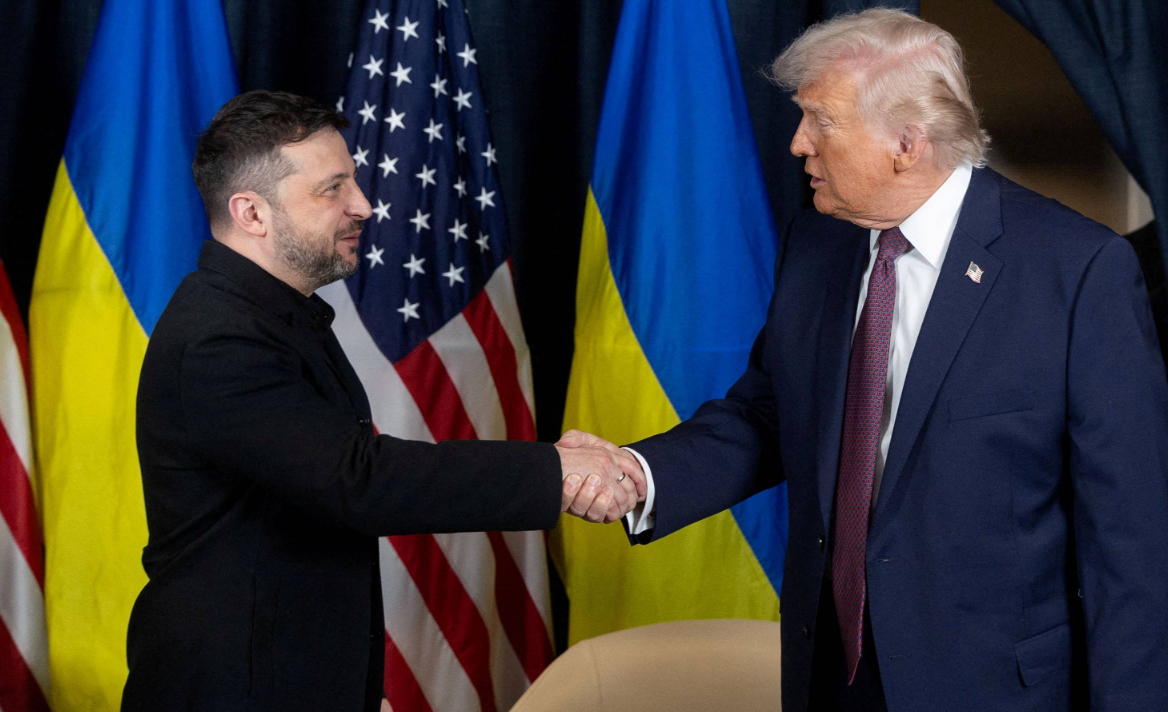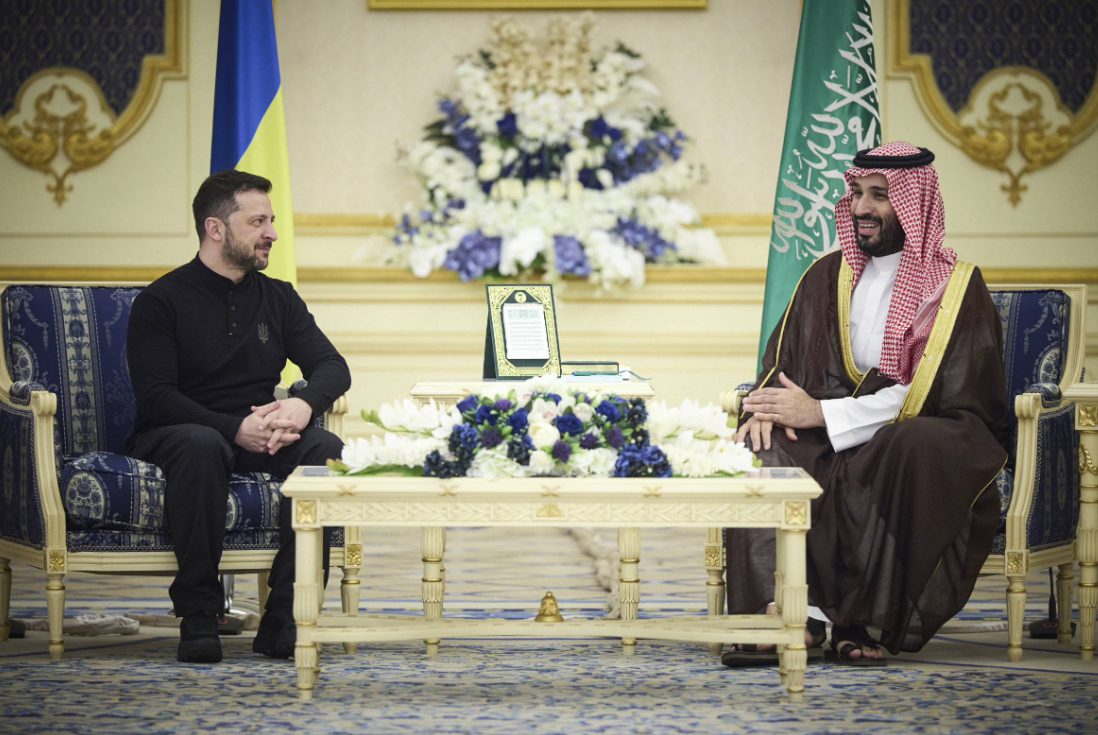Jimmy Wales, the founder and president of Wikipedia, one of the top 5 websites in the world, advised reporters not to use references from the site, adding that governments’ interference in editing the content would turn the pages into tools for public relations.
In an interview with Asharq Al-Awsat newspaper, Wales said the Arabic content of Wikipedia was unfortunately less than what it is wanted.
Wikipedia’s Arabic community is small, and what is published or what is being edited is few, he said, stressing that the Arabic language had a lot of linguistic power and richness, hoping that further efforts would be deployed to improve the Arabic content in Wikipedia as it is in other languages.
Wales noted that according to some volunteers in Wikipedia, the limited Arabic content was due to the Arab youth’s interest in sports more than academic or research topics. But he added that this was not the real cause.
He explained that investment in education was very important to reach the required goals in editing and translation, stressing that an educated youth was the basis for a country’s development.
Asked about the accuracy of the site’s information, Wales emphasized that its editors seek to achieve as much accuracy, perfection and quality as possible. He noted, however, that the encyclopedia could not be regarded as an academic or research reference.
He recounted that in 2001, when the site was first launched, the goal of the founders was not to make it an academic reference, but to contribute to raising questions rather than finding the answers.
Researchers may use the encyclopedia to read or view certain information, but not to use it or quote the website in their papers, he explained.
Wales refuses to talk about his financial situation, and does not accept to be included in the list of billionaires.
Stressing that he was not a billionaire, he noted that Wikipedia was not afraid of bankruptcy and would not sell personal pages, impose fees, or enable governments or administrators to own and edit their own pages.
A charity fund with a capital of $100 million makes Wales confident that bankruptcy is not a matter of concern.
He noted that the site’s demand for financial contribution was a kind of participation to spread knowledge, not to make profits, adding that the charity fund was managed very carefully and conservatively.
Asked about his new project, Wikitribune, Wales said that the idea was as much as possible to benefit from all the inhabitants of the globe to participate in the dissemination of the news and the provision of materials and pictures and others.
He denied allegations that the new platform would put an end to the press profession and the journalist’s job, stressing that no one could publish directly on the Wikitribune, as there is an editor and journalists, adding each material would be subject to the approval of the editorial team.
Wales concluded by emphasizing that a journalist must nowadays have knowledge in everything, adding a journalist should use Wikipedia to question, raise questions and search for resources more widely.
Wikipedia Founder Says More Arabic Content is Needed
https://english.aawsat.com/home/article/1116736/wikipedia-founder%C2%A0says-more-arabic-content-needed



Wikipedia Founder Says More Arabic Content is Needed

Jimmy Wales, Founder of Wikipedia
- London: Adhwan Alahmari
- London: Adhwan Alahmari

Wikipedia Founder Says More Arabic Content is Needed

Jimmy Wales, Founder of Wikipedia
لم تشترك بعد
انشئ حساباً خاصاً بك لتحصل على أخبار مخصصة لك ولتتمتع بخاصية حفظ المقالات وتتلقى نشراتنا البريدية المتنوعة











